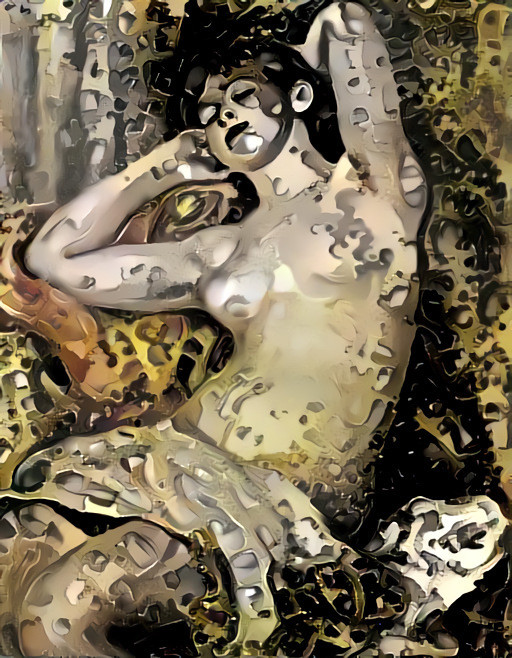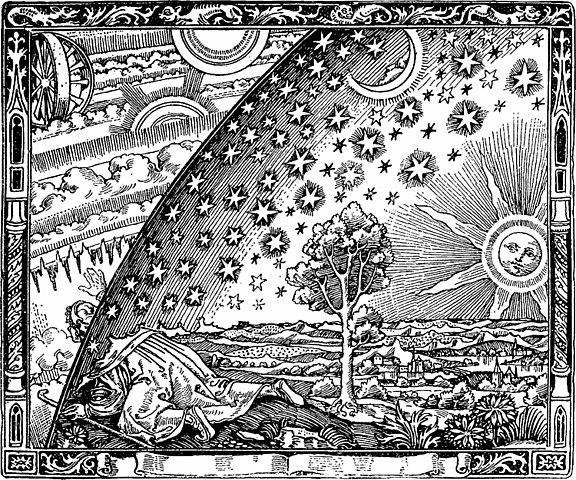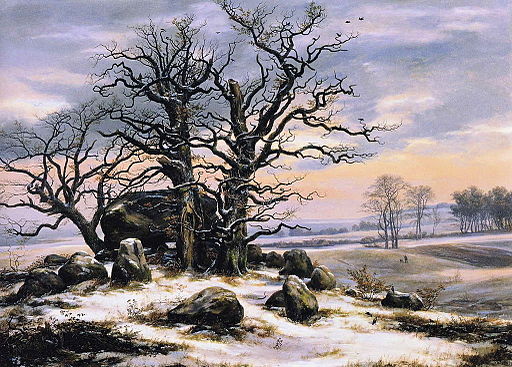
Marcie Lynn Tentchoff
I was his first,
that means a lot to certain men,
and, for a scientist,
Paul has a love
of all that’s old –
done right, he says –
traditional.
He’s kept me well.
My cubicle’s luxurious and plush,
and properly maintained —
the maids all vie
to keep the polished
luster of my walls
gem clear.
And though I’m forced
to watch the newer models traipse about,
bedecked in jewels, and chrome,
and circuitry,
en route to dinners
or to plays
to suit his whim…
I know I was his first,
and that, while he keeps their upgrades fresh,
there’s so much to be said
for antique amber,
vintage verdigris,
unadorned, and classic
in the box.


